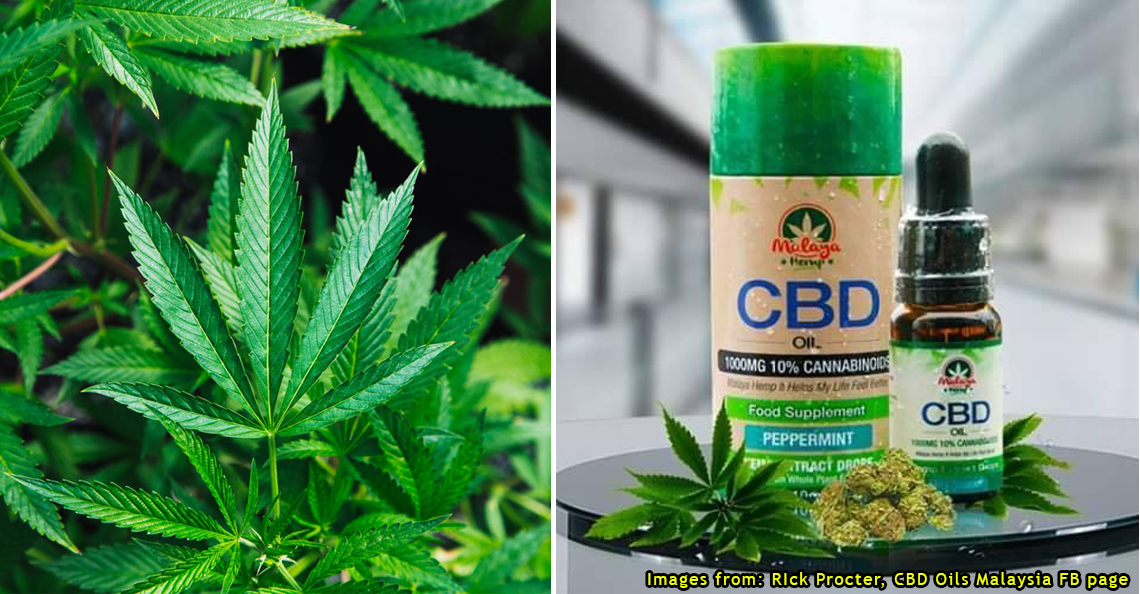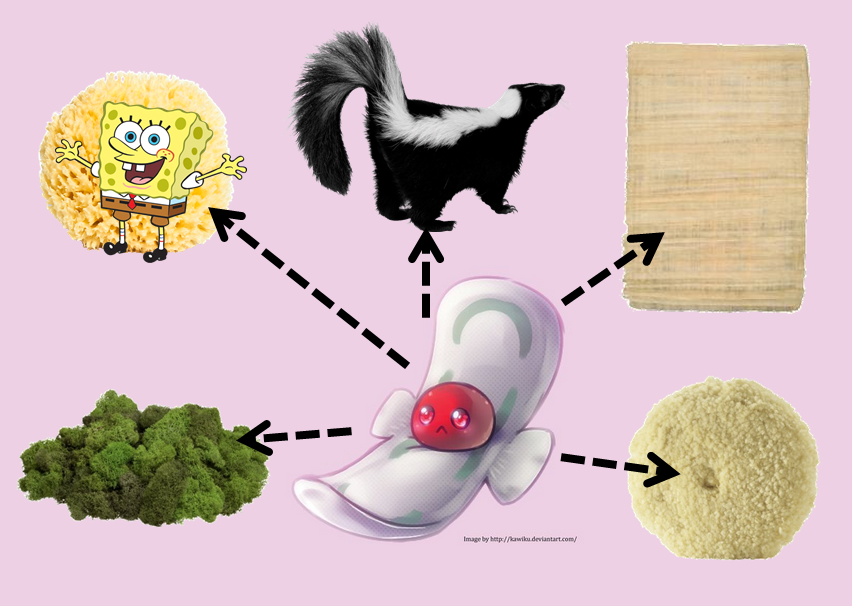BR1M will be phased out but experts are saying that it’s good for Malaysians
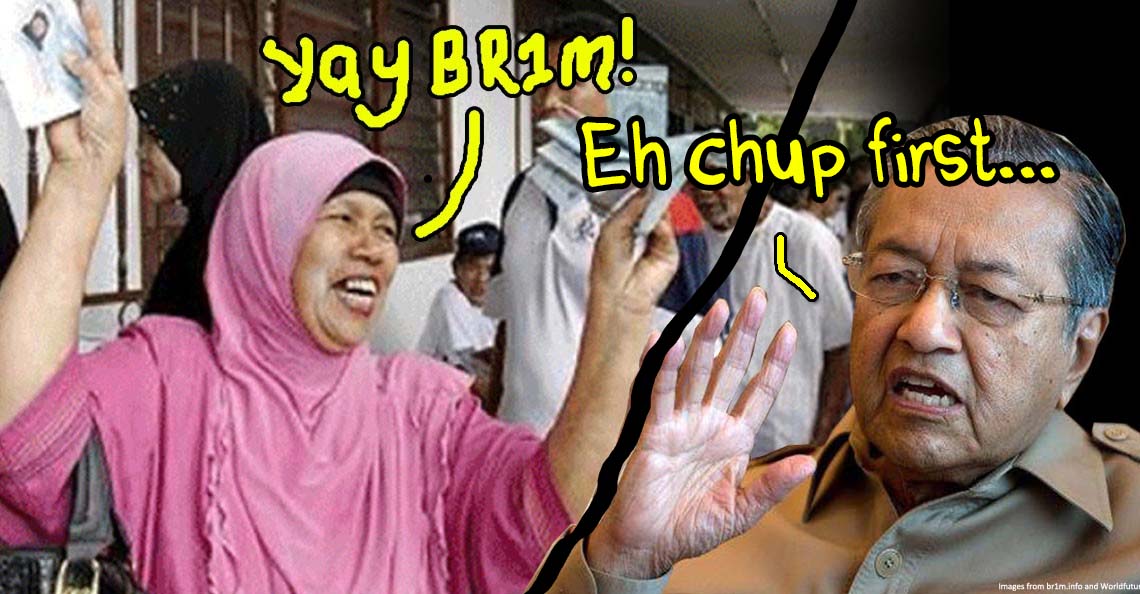
- 280Shares
- Facebook230
- Twitter5
- LinkedIn9
- Email4
- WhatsApp32
If ugaiz haven’t heard it yet, Tun M recently announced that the 1Malaysia People’s Aid (BR1M) will be phased out gradually. Oh no, what’s gonna happen to poor Malaysians?
Calm down, guys. This doesn’t mean the gomen won’t help those truly in need at all. Tun M mentioned that welfare aid should be given to the more deserving and to create more jobs for the people. The Economic Affairs Minister, Datuk Azmin Ali, on the other hand, stated that it is the right move to end BR1M as it is considered a politically motivated bribe to gain support.
And that’s not all. As usual, Malaysians on social media are debating over this issue. Some support Tun M’s idea while some wanted BR1M to stay.
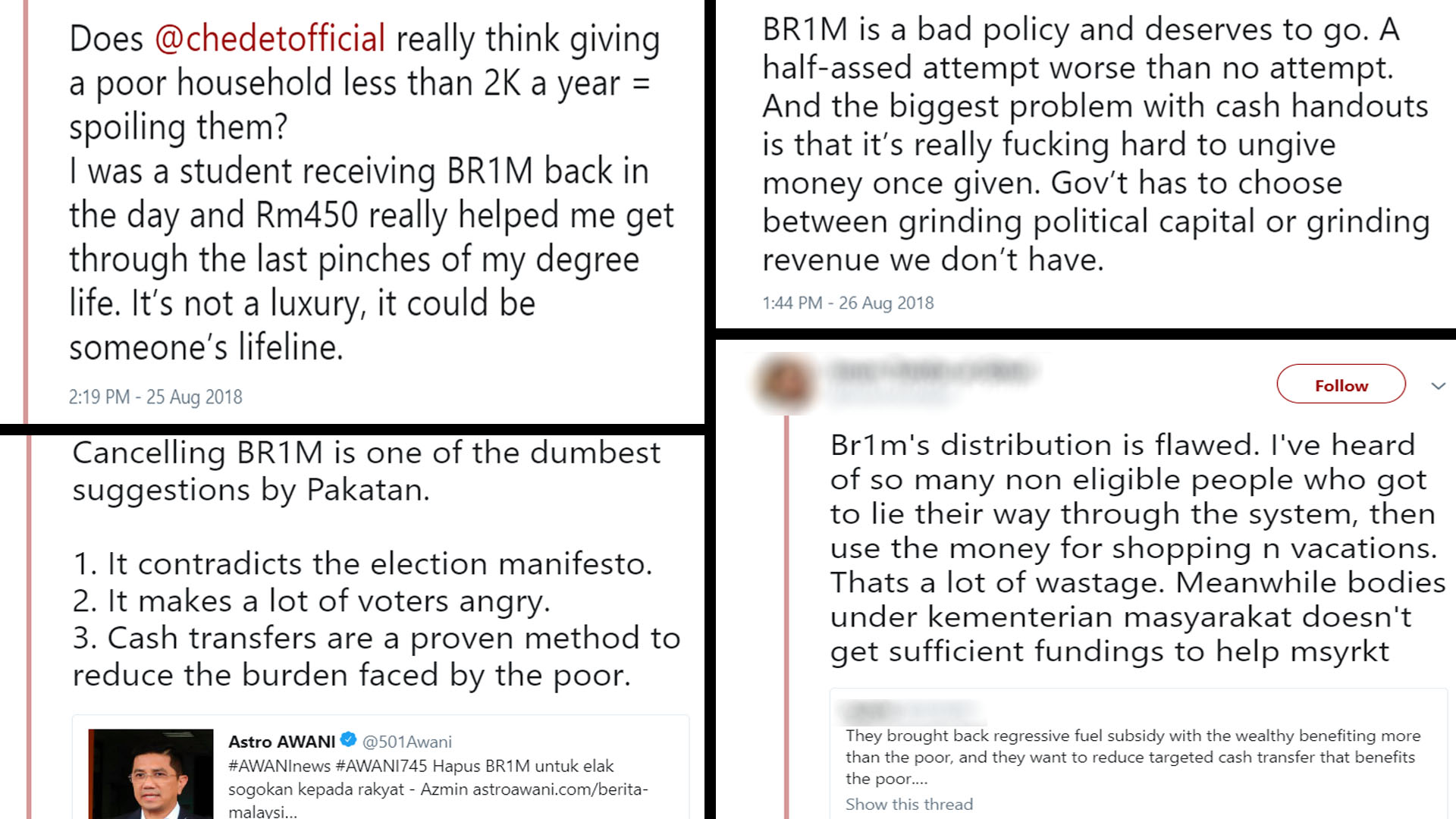
So, if the naysayers are saying that BR1M is so bad, then…
How come there are evidence that BR1M helped Malaysians?
We don’t simply say one, okay. Experts who conducted research on BR1M and other types of cash handout in other countries are proving that this effort is actually good.
According to the National Transformation Programme report in 2017, BR1M was reported to have drastically reduced the national poverty rate from 3.8% (2010) to 0.4% (2016). Okay, fine. Some may still be skeptical about this since this report was produced by the previous gomen anyway. But Professor Jomo Kwame, one of the members of the Council of Eminent Persons who is also an economist, mentioned that BR1M was a success of the previous gomen as it helped raise the social standards of Malaysians.
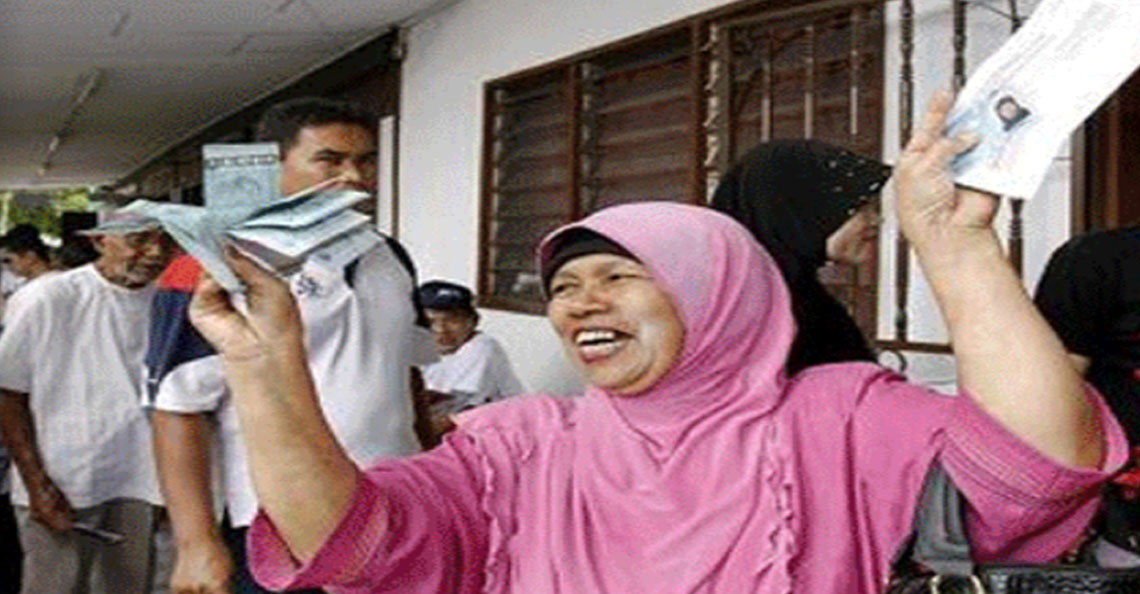
Another local expert mentioned that if the gomen were to give an in-kind of handout (aka your basic necessities) compared to a cash handout (cos some may argue why the gomen doesn’t give basic necessities instead), the gomen would’ve lose a lot. He gave an example of how the food programs in rural Mexico cost 20% more to administer as compared to cash handout. But local experts aren’t the only one to say this.
Studies consistently proved that cash handouts helped reduce poverty. To help you see a clearer picture of this, Zambians (the people of Zambia, Africa) actually used the money given to them productively. Those who couldn’t work actually hired people to take care of their farms while some became entrepreneurs.

Not only that, Zambians helped the country’s economy by supporting local business. This happened when they spend twice more the amount they receive at local shops. A researcher in Zambia found out that Zambians who were given cash handouts managed to generate income with the money they received from the gomen.
Besides that, the number of cash handout recipients in Africa who gained access to health care facilities increased. Another research conducted in the United States found that cash handout give similar effect to their food-based programs but provided other benefits too like school and transport.
Cash handout was also said to have an effect on education. Just imagine if you’re the eldest child among your siblings and your family lives in poverty. In order to ensure your younger siblings go to school, you would sacrifice your own education and find a job to help your family make ends meet. While this may just be an analogy to explain the relation between cash transfer and education, poverty is one of the reasons as to why Malaysian students drop out. 🙁
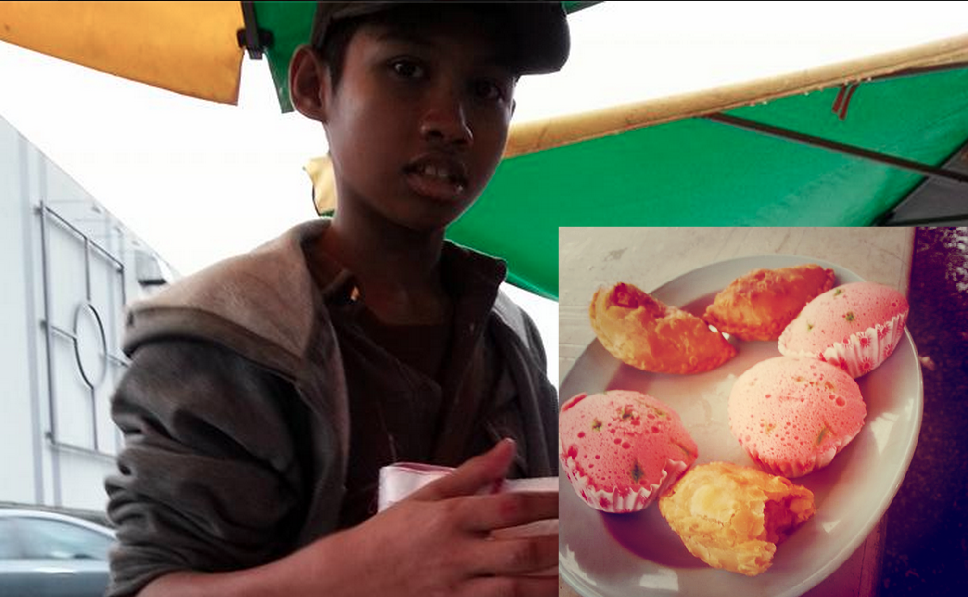
So, when the family of these children receive cash from the gomen, they wouldn’t need to skip schools anymore. Studies found that the there was an increase in school attendance and decrease in school absenteeism thanks to cash handouts.
But the argument continues. If the gomen needed to give money to ensure children go to school, wouldn’t that be an issue itself?
Experts also said that BR1M is good for short term lah
Tun M actually blamed BN and Najib for ‘spoiling’ the rakyat. He mentioned how the rakyat should stop depending on the gomen (as in expecting money from gomen) and feeling as though they’re entitled to receive money without having to work.
While this may seem like a political talk for some, we actually found out that some countries have proven that cash handout may not be the best solution, especially in the long run. A study in Nairobi, for instance, found out that giving cash to female entrepreneur didn’t help them in the long run because, a couple years later, all the income gains had disappeared.
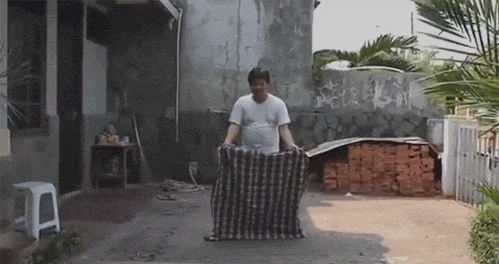
But that’s not all, guys. We also found out that cash handouts in Macau and Hong Kong gave negative impacts to the gomen and people. But first things first, let’s go through some basic info on the handouts in both countries.
Macau implemented the Wealth Partaking Scheme (WPS) which is financed by the gaming tax, thanks to its lottery industry. The gomen gives the citizen a one-off handout of 9,000 patacas to permanent residents and 5,400 patacas to non-permanent residents (about RM4,600 and RM 2,800 respectively). Hong Kong, on the other hand, gives $6,000 to its citizen directly.
But here’s the thing, the economy of both countries weren’t even critical! The people in Macau had incomes that were able to support their cost of living while Hong Kong decided to give out cash cos of reserve overflows in the state treasury. So, why give the handout in the first place?
This leads us to the first drawback of cash handouts; political self-interest. This was actually admitted by the Macau’s chief executive, Ho who mentioned that pay rise (an effort before WPS) was initiated due to political reasons rather than for economic growth. It was said that Macau’s WPS was actually initiated to appease the May Day protesters. This protest is organised every year by Labour Unions. Basically Macau’s decision to give cash handout is somewhat similar to giving sweets to a child to keep him/her quiet. But another problem arises when the gomen practices this; dependency of the people on the gomen.
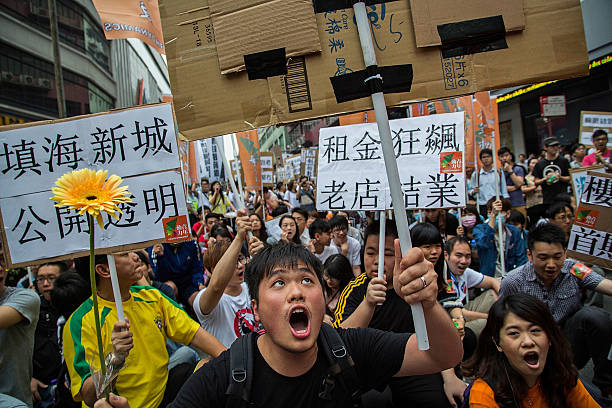
When we mention the word dependency, you may think of ‘lazy’ people who dowan to work and rely on the gomen. While that may be true to a certain extent, what happened in Macau showed us a different kind of dependency. After 2 years of giving out cash to the people of Macau, the gomen decided to stop. However, the people of Macau, who admitted to have included the handout as part of their annual income, protested against the gomen. It was reported that that year’s May Day protest was the worse that left the new chief executive with ONLY two options; to continue with the scheme or risk of a violent demonstration.
Although the cash handout was said to be a way to appease people, this doesn’t mean that the gomen will receive public support. The people of Hong Kong, for instance, weren’t happy with the cash handout they received. Not cos it’s free but cos they believed that the gomen should invest the money to social projects instead. In fact, they criticised that the scheme is complicated and costly.
So… Tun M’s words may be true after all. In fact, Dr Wan Azizah added how the rise in the number of BR1M recipients is an indicator of how many rakyat (about 38%) are stuck in the lower income category and under poverty line. But studies showed that although cash handout might help reduce poverty, the effects don’t last after the cash handout stops.
Oh no! No more BR1M means the poor cannot sustain their lives lah?
Relax, guys. There may be other ways to help the poor people in our country. As a matter of fact, Azmin Ali denied that removing BR1M would affect the rakyat negatively as the gomen will implement a new economic direction, which will be presented and debated in the Parliament in October. But Tun M stated how the gomen has a strategy for this,
“Our strategy is to create jobs for people. People must feel proud that the money they get is the result of their contribution in doing something or selling something.” – Tun M told The Star.
Tun M’s suggestion is, in fact, one of the methods to grow the middle-income class (fyi, Malaysia’s middle-income class is at 37.1%). Growing middle-income class may be one of the ways to help bring people out of poverty. In fact, China managed to bring more than 500 million people out of poverty after three decades of economic reform. China’s poverty rate decreased from 88% in 1981 to 6.5% in 2012! Woahh…
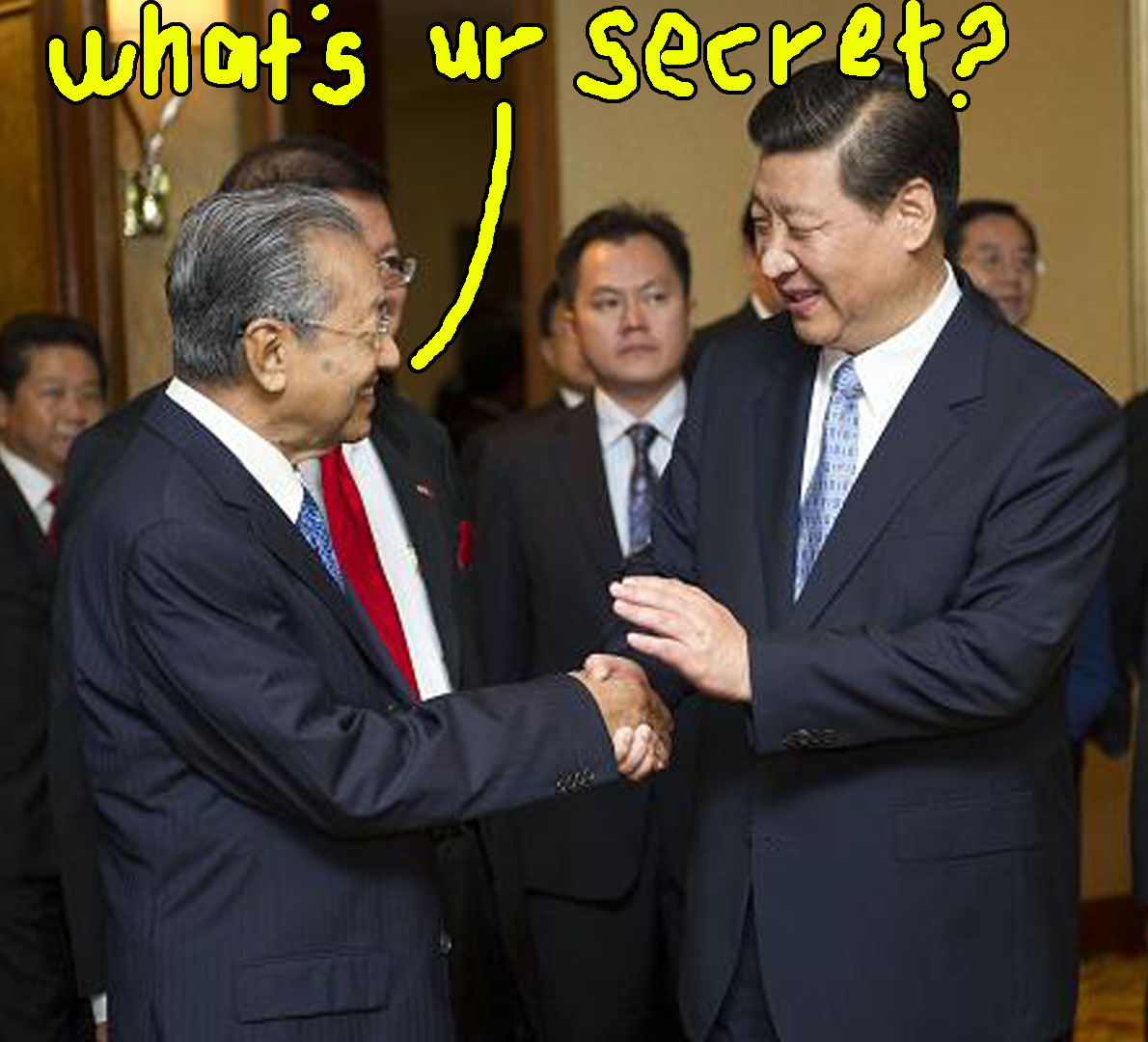
China implement eight methods to allow its citizen to float out of the poverty line. Some of the methods are relocating villagers to a more non-hazardous place, developing public healthcare in poor areas as medical bills, ensuring children get an education or occupational training and developing industries to create more jobs for villagers after their training. And this may be why China is successful in reducing the rate of poverty as one of the failure in a gomen’s welfare programs is to help the people with current consumption but doesn’t focus on job training or efforts to make them self-sufficient.
Although growing middle-income class may be an ideal solution, some other countries are trying out other initiatives. Nigeria, for instance, initiated a loan scheme whereby two million petty traders will be receiving $28. The Nigeria gomen announced that the scheme would grant a minimum of 30,000 loans in each state of the federation and the Federal Capital Territory. Wait, can these people even pay back the loan?
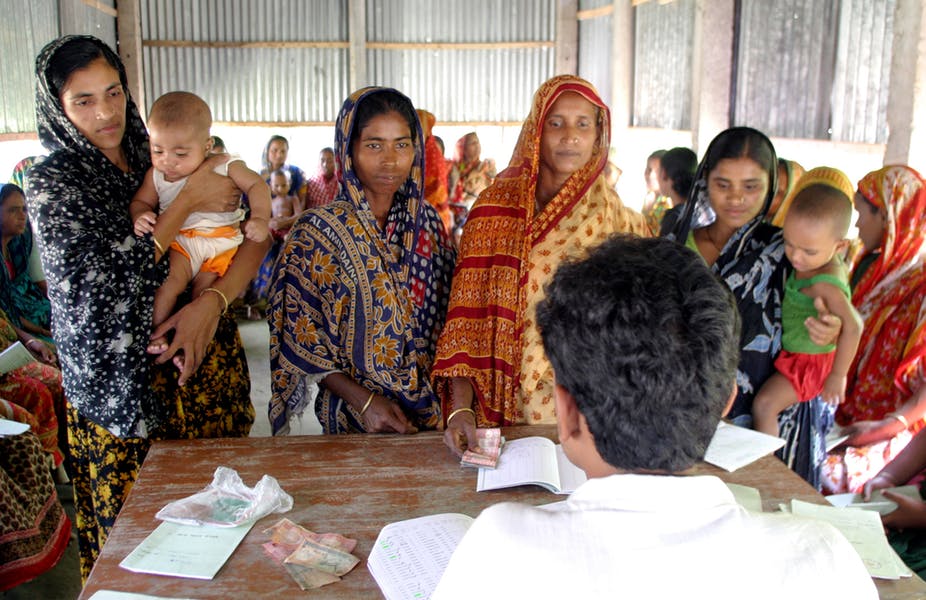
The previous loan scheme implemented in 2015 for farmers showed poor rate of return. It was reported that less than 50 out of 5,540 farmers who actually paid the loan back. Then, why are they still implementing this? Despite their previous experience, experts are saying that micro-lending (lending small amount of money) could help reduce poverty as long as it is implemented together with financial services like savings accounts.
However, tech people like Mark Zuckerberg and Elon Musk are suggesting a solution for the future. Their suggestion was based on the rate of unemployable due to the replacement of humans working in factories, for instance, with robots.
The idea was to implement a Universal Basic Income (UBI). Unlike cash handouts, gomens which practice UBI (err… definitely not potatoes) would give free cash to EVERYONE with no strings attached. Wah, this means from the poorest to the richest person regardless of their employment status can receive this money. The basic idea is to provide security for everyone.

Alaska has been imposing this method to help its people since 1982. It is called the Alaska Permanent Fund (APF). The fund helped many Alaskans especially when additional jobs are created due to high purchasing power. Not only that, it is said that this fund, which is financed from the states’ oil tax, is ‘unusually good’ as it reduces the chances of corruption.
It may not be that bad to phase out BR1M after all
The act of giving out BR1M to the rakyat is similar to consuming cough syrup when you have cough. If you keep on consuming it even after you recover, in hopes that it will prevent you from future coughs, you may actually harm yourself even more.
Just like the cough syrup, relying on BR1M may be good for a short while. However, it may not be that beneficial in the long run as mentioned before. And we’ve presented the alternatives to BR1M too, so it may not be that bad to phase out BR1M after all.
But we would like to hear what ugaiz have to say:
- 280Shares
- Facebook230
- Twitter5
- LinkedIn9
- Email4
- WhatsApp32

